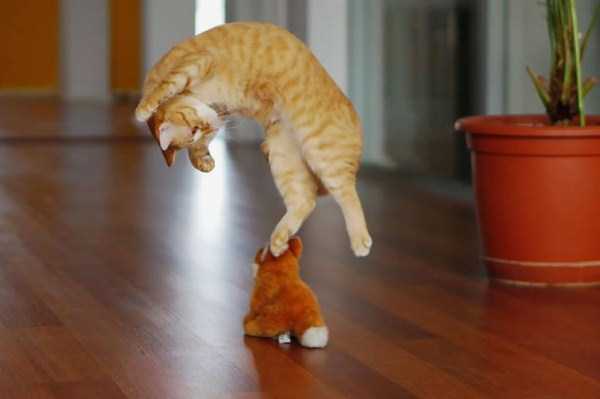DIY Cat Litter Solutions for Budget-Conscious Animal Owners
DIY Cat Litter Solutions for Budget-Conscious Animal Owners
Blog Article

Selecting the perfect cat litter for your feline friend can be a challenging task offered the myriad of choices available on the marketplace. This extensive guide will look into the numerous types of cat litter, their advantages, disadvantages, and everything in between to assist you make an informed decision.
The product of the cat litter plays an essential function in its efficiency. Common products include clay, silica gel, recycled paper, wood, corn, wheat, and walnut shells. Each product offers unique advantages and possible disadvantages.
Clay-based litters are the most traditional and commonly used due to their high absorbency and clumping capabilities, which make clean-up easier. Nevertheless, they can be dusty and might not be the very best choice for cats or people with breathing problems. Silica gel crystals are highly absorbent, control smells successfully, and are low maintenance given that they don't require to be changed as often. However, they can be more costly and some felines may not like the texture. Eco-friendly litters, made from recycled paper, wood, corn, wheat, and walnut shells, are eco-friendly choices. They are generally dust-free and great for felines with allergies, however their smell control and clumping capabilities differ extensively.
The choice between clumping and non-clumping litter is significant. Clumping litter types solid masses when wet, making it simple to dig urine and feces, thus preserving a tidy litter box. Non-clumping litter absorbs moisture however does not form clumps, which might lead to more frequent modifications of the whole litter box.
Smell control is a leading concern for a lot of feline owners. Litters are often infused with baking soda or charcoal to reduce the effects of smells. Maintaining a fresh litter box also needs routine scooping, preferably twice a day, and following the manufacturer's guidelines for altering the litter and cleaning up package.
The health of your cat Pine Pellet Cat Litter and the environmental impact of the litter are likewise crucial factors. Dust-free or low-dust options are better for respiratory health. Eco-friendly litters use an eco-friendly alternative to clay, which is strip-mined and not sustainable. Furthermore, it's vital to be aware of any allergies your cat may have to cat litter scooper specific materials.
Cost is a vital factor to consider, as the rate of cat litter can differ substantially. While silica gel and some biodegradable litters may be more expensive upfront, their longevity can offer savings in the long run. Conversely, clay litter is often cheaper but requires more frequent replacement.
Ultimately, the very best cat litter is one that suits both your and your cat's preferences and needs. It might take some experimentation to discover the best match. Take notice of your feline's habits and convenience, in addition to the litter's performance in terms of odor control, absorbency, and maintenance.
Choosing the ideal cat litter contributes substantially to your feline's health, joy, and the tidiness of your home. By considering the material, clumping ability, smell control, health effects, ecological impacts, and cost, you can make an informed choice that benefits both you and your furry buddy. Keep in mind, what works best for one cat may not match another, so be ready to experiment up until you cat litter box self cleaning find the ideal option.